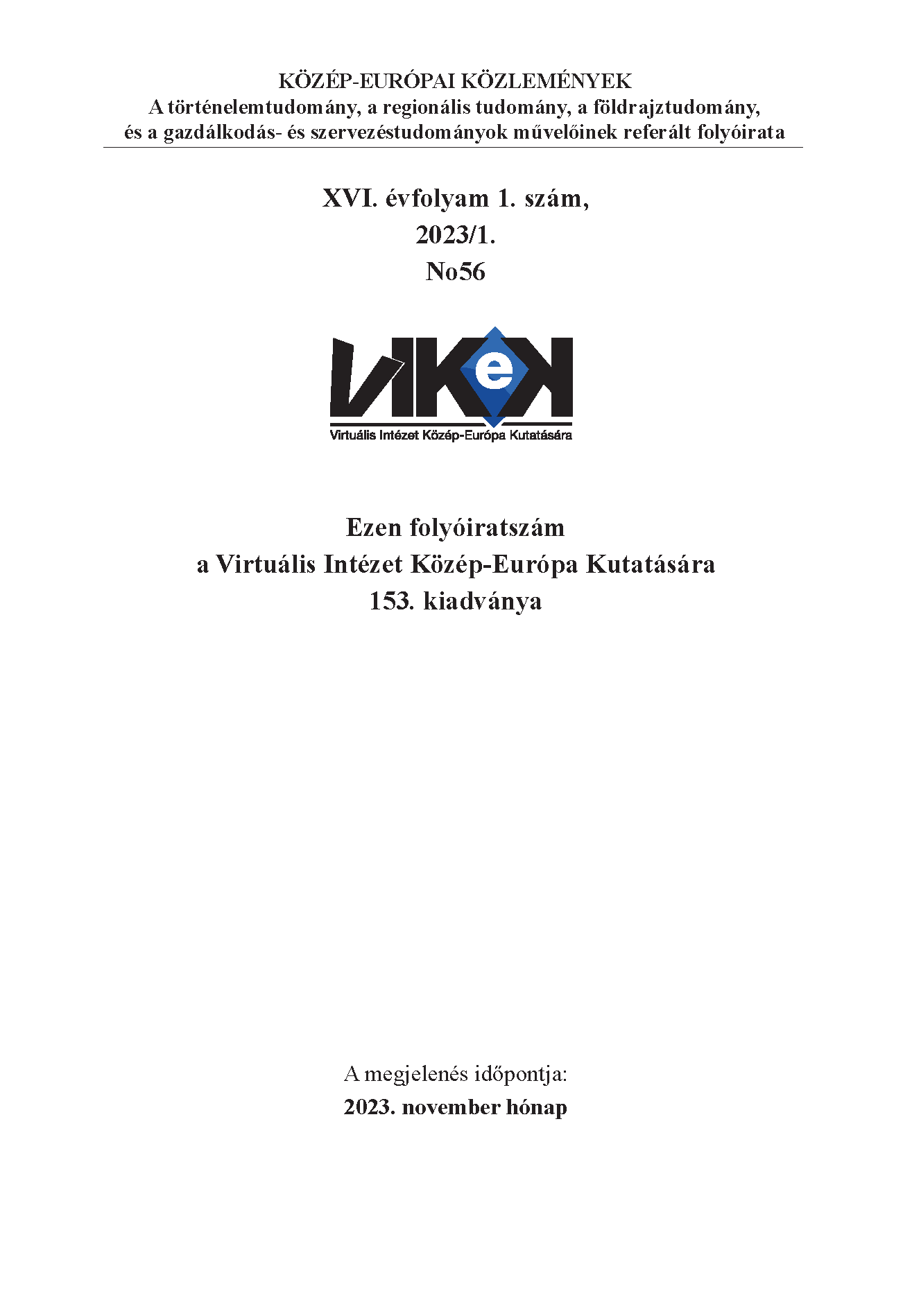The role of foreign trade in the successor States of the Austro–Hungarian Monarchy (Austria, Czechoslovakia and Hungary)
Main Article Content
Abstract
Prior 1914, external trade played an exceptionally important role in the national economies of the Central and Eastern European countries. Austria–Hungary, which operated as a self-sufficient economic unit was based on internal customs union and a common currency and banking system. The large common market promoted the development of nascent industries, while at the same time it provided efficient safeguard against oversees competition. At the end of October 1918, the Austro–Hungarian Monarchy was dismembered and split into seven different entities, which had harmful impacts on foreign trade of the region as a whole. As a result of the collapse of Austria–Hungary, the former economic and commercial relations were broken. Due to the territorial annexations, many successor states lost its traditional markets. Foreign trade was further complicated by the emergence of new customs frontiers, coupled with protectionist policies. The latter was meant an obstacle in deepening of economic relations among the Central and Eastern European countries. Trade discussions between the Little Entente and Hungary further exacerbated the postwar difficulties. The aim of the paper is to analyse the role of foreign trade in three successor states of the Dual Monarchy (Austria, Czechoslovakia and Hungary). Emphasis will be placed on evaluating the structure of both exports and imports of the concerned countries, by highlighting the changes, which occurred during the interwar period in their foreign trade relations. Because of length constraints, I will not focus on the creation of the German “Grossraumwirtschaft” in the region at the end of the 1930s.
